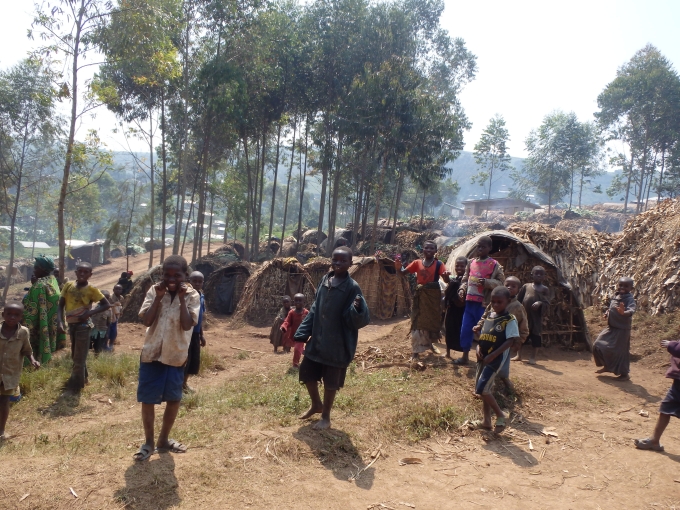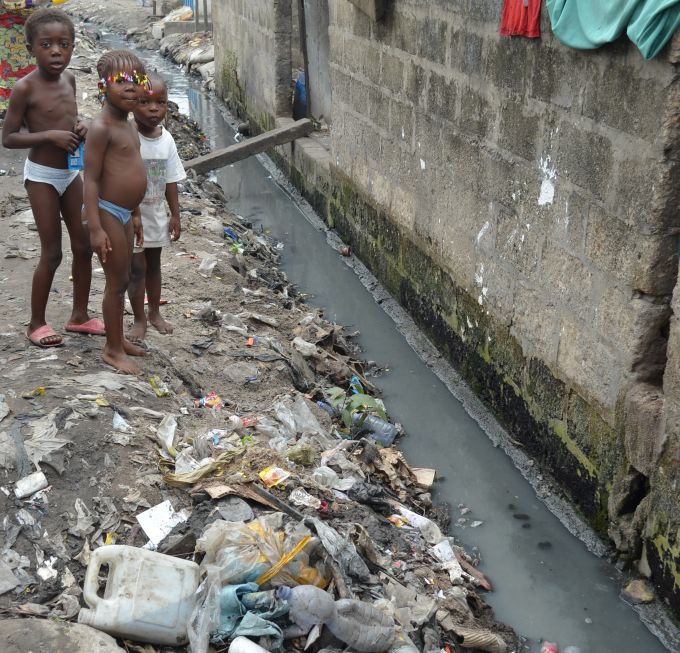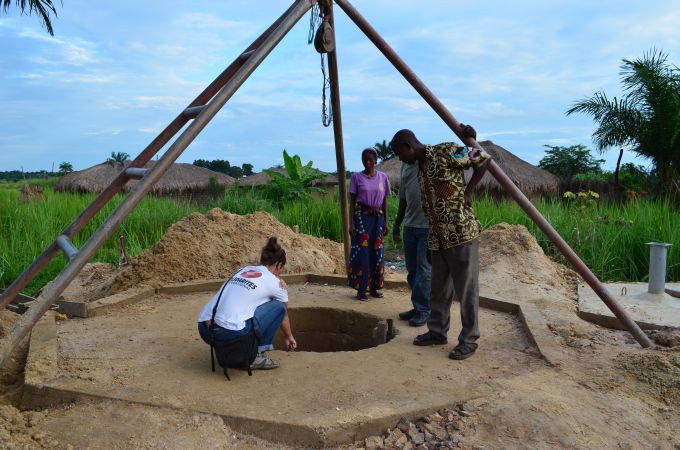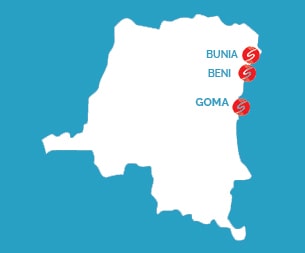2016 is a challenging year for the Congolese and for us, organizations, who do our best to support them. Analysis from Catherine H, Democratic Republic of Congo (DRC) geographical manager.
DRC being a large and difficult country to administrate, the general situation is characterized by a lack of infrastructures. In addition of which, in the East of the country, populations have been suffering from numerous repeated shocks for over 20 years. These shocks are linked to the deployment of armed groups in the area, and to the confrontations which have been taking place between them. The phenomenon goes far due to the development of a market of violence, with ethnicity, property and mining challenges in background.

Towards political alternation?
On a broader level, the political destiny of DRC is pending. The general elections will arrive at their crucial point in November 2016, date of the parliamentary and presidential elections. This second election is probably the most expected one, as the current President cannot legally stand for another mandate (Joseph Kabila was appointed President of the Parliament in 2011 after his father’s death, than elected in 2006 and reelected in 2011). DRC should today choose political alternation as a turning point. The opposition is mobilizing and organizing itself, but in this country, “electoral logistics” are a great challenge.
Exodus, unique solution to flee the exactions
SOLIDARITES INTERNATIONAL has been active since 2000, covering almost all the provinces of the country, except the Kassaï. One of our lines of action is centered on the displacement question. Suffering from the battles and abuses committed by the armed groups, the civilian populations use displacement to protect themselves from these threats. The East population of DRC is therefore very mobile. These displacements are never easy and create great sufferings. Cut from their economic system, lacking access to food, health care and clean water, the displaced are always more vulnerable every time they move. Each family, when it leaves its environment, loses everything… The residential populations warmly welcome their compatriots, but their own survival mechanisms are also strongly weakened.

Understand and analyze survival mechanisms
Today, the major challenge for Solidarités International in the Democratic Republic of Congo is to identify more sustainable solutions regarding the problematic encountered by the displaced people. Up to now, the international community tried to answer at best to the displaced populations’ needs, by providing an immediate help after their displacement. This is always necessary, but a more refined and longer assistance also has to be considered. It first goes through a better understanding of the displaced populations’ perceptions of themselves and by an analysis of their survival mechanisms. Who is the displaced person in DRC today? He has been moving for over 20 years, and developed an almost nomadic way of life. He transcends barriers between the urban (where he often lives at the border of cities and villages) and rural (where he continues with great difficulty to cultivate his land, otherwise he cannot feed his family) area, he often accumulates many income-generating activities, as an only employment isn’t enough to cover the survival of his household.

Support the virtuous mechanisms
Our challenge is on one hand to take into consideration all these new lifestyles to support all eventual return, and on the other hand to support these populations, by using the virtuous mechanisms they have developed. The main goal is not to exacerbate the weakening component mentioned above, which is the development of a violence market, underlined by ethnical, property and mining causes.
Support our teams in the field
Democratic Republic of Congo (DRC)
Context and action- 107 millions inhabitants
- 179th out of 191 countries on the Human Development Index
- 524.327 people helped

